Extended Producer Responsibility: Everything you need to know
Extended Producer Responsibility, EPR, is the UK Government’s scheme which aims to put the cost of collection, management and recycling of packaging onto the producer. It will incentivise producers to make their product packaging recyclable by modulating fees based on product recyclability.
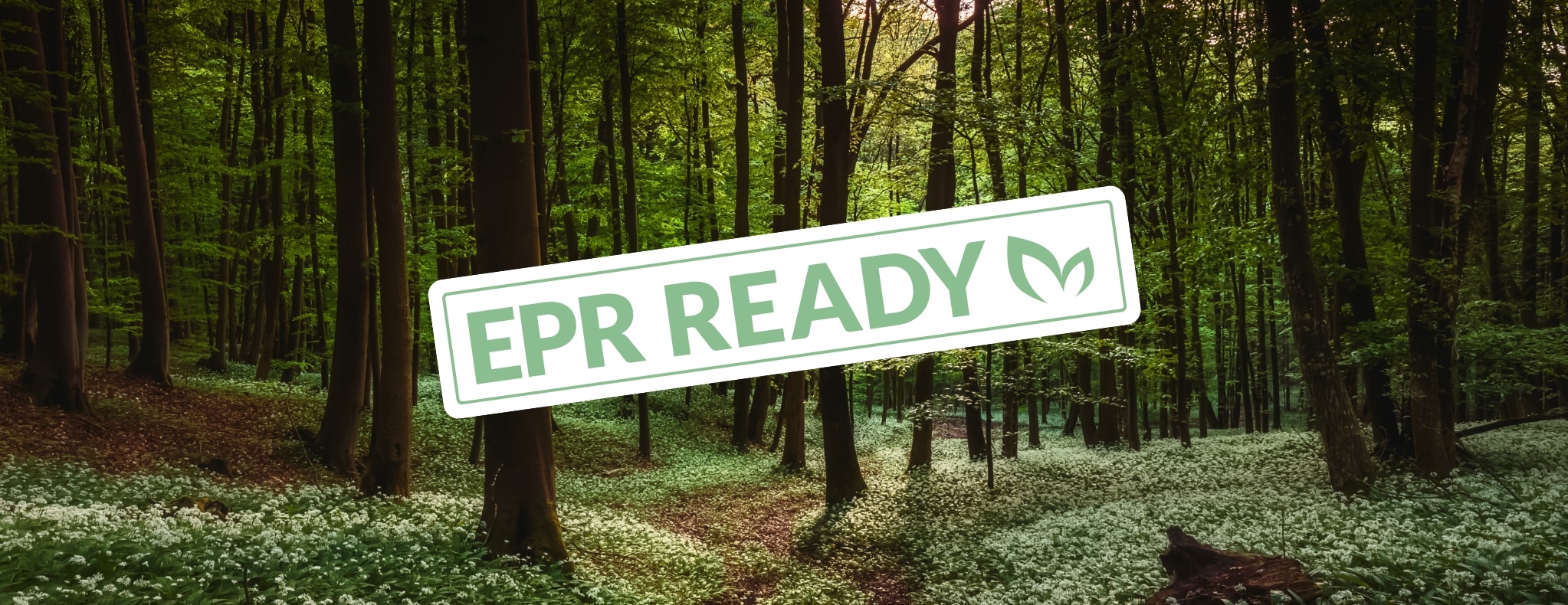
Initially proposed by the Department for Environment, Food & Rural Affairs in December 2018, the plan was to be rolled out by 2024. However, the EPR scheme has been delayed until 2027, which allows those who will be impacted time to fully understand the new regulations and implement any changes required.
What Is Extended Producer Responsibility?
EPR is a UK Government scheme where producers of consumer foods and packaging are to cover the costs of collecting, managing and recycling all packaging. Modulated fees aim to incentivise companies to make their packaging more recyclable, whilst the scheme also aims to reduce unnecessary packaging, increase quality and reduce litter.
The EPR framework will affect several sectors including brand owners, importers, sellers and service providers, but it has the intention to create a sustainable future for packaging, from the initial design and concept through to re-using or recycling packaging.
What’s The Difference Between EPR And PRN?
PRNs (Packaging Waste Recovery Notes) are evidence that packaging is recycled and they are issued by accredited reprocessors to represent how much packaging waste they have recycled. They were not designed to cover the full collection, sorting and recycling cost. EPR requires producers to review their plastic practices and consume the full net cost of packaging waste collection, management, recycling and disposal.
The PRN system will continue to be used (with modifications) alongside the new EPR scheme to show that recycling obligations have been met.
Timeline For Implementing EPR
Launching in 2023, the packaging EPR roadmap will be a phased approach within the UK; becoming operational in 2024 and fully rolled out by 2027. Here are some of the key dates you need to consider:

How Much Will EPR Cost Businesses?
EPR will change how the costs of compliance are divided throughout the supply chain, where currently everybody in the supply chain covers a certain percentage of obligation. With the EPR scheme, producers who place packaging on the market will pay 100% of the EPR charge.
Initially, the cost to packaging producers under the EPR scheme was estimated to be £2.7bn. However, the government’s response to a consultation on EPR revised this to an estimated £1.7bn.
This is dependent on whether you are classed as a ‘small’ or ‘large’ enterprise, based on:
- Your annual turnover
- How much packaging you handle
- How much packaging you supply
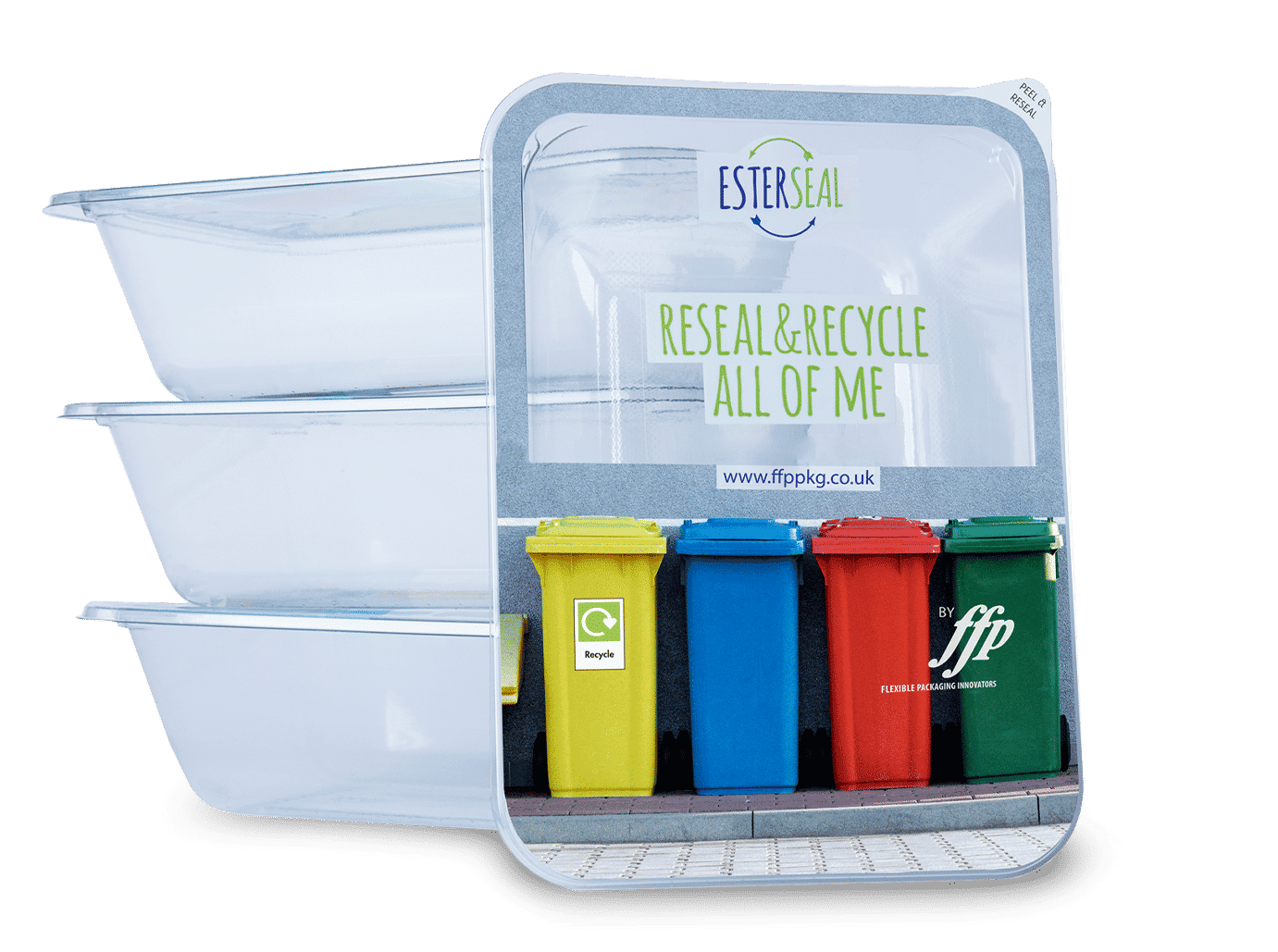
Changes To Packaging Required With EPR
The combination of the EPR and Recycle Now schemes will essentially transform the UK’s packaging supply chain. By addressing the issues at the start of the process, manufacturers can effectively produce packaging with economic, environmental and marketing benefits.
Along with clear labelling which will help increase recycling rates, all plastic packaging should be “mono-polymer”, meaning they’re made from one material which can be easily recycled. However, food packaging can become difficult due to certain necessities such as breathability, durability or heat resistance. Often compromising the reusable or recyclable element.
Mono-Material Packaging Solutions
Flexible packaging solutions such as mono-material PP, PE or Paper are ideal packaging solutions. These mono-polymer materials are recyclable and available in various packaging formats.
FFP’s Flexible Packaging Solutions
Here at FFP, we’re dedicated to producing sustainable flexible packaging solutions for multiple industries and products. Our latest flexible packaging products include:
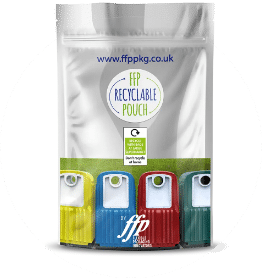
PP Packaging Solutions
PP (Polypropylene) mono-material packaging is recyclable by returning it to store. This lightweight and durable material can be supplied in a range of formats such as stand-up pouches, pre-made bags, sachets, film on the reel and even recyclable microwave packaging. FFP has also developed a resealable PP lidding film that can be used with trays of the same material, making the entire pack recyclable at kerbside, as classified by OPRL.
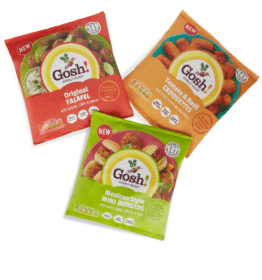
PE Packaging Solutions
Mono-material PE (Polyethylene) packaging can be recycled by returning to store. It can be converted into food pouches, pre-made bags, sachets and film, offering outstanding functionality and a versatile packaging solution for various applications and products, such as hot fill, frozen foods, as well as wet or liquid products.
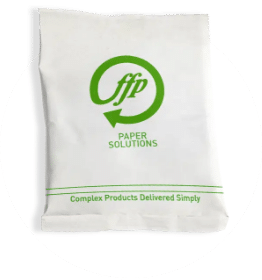
Paper Packaging Solutions
Our paper packaging provides a fully recyclable solution that can be collected via the paper recycling stream. It can be heat or cold-sealed and is available in a wide range of formats, offering sustainable packaging to an increased number of market sectors.
What Do Producers Need To Do To Comply With EPR?
If you’re impacted by the ERP requirements, stay one step ahead with the following actions:
Review Your Existing Packaging
Start by assessing your current plastic package design and usage. If you are not already in a recyclable specification, is it possible to switch to an alternative and keep the functionality your product requires? Furthermore, consider the on-pack messaging. Is it clear to the consumer how they should dispose of their packaging once they have finished with it?
Adopt Sustainable Flexible Packaging Solutions
PP, PE and paper packaging solutions provide multiple benefits. Their versatility means they can be used in multiple formats and barrier options are available to provide improved functionality. They are also a lightweight solution that can potentially reduce packaging weight. If used as a mono-material solution they are recyclable either via a kerbside collection or return to store.
How FFP Can Help
Our expert technicians can work with you to supply a solution in-line with the forthcoming EPR regulations, helping you create a more sustainable packing process with one of our flexible packaging options.
Extended Producer Responsibility FAQs
What does EPR cover?
For businesses that produce, supply, import or sell plastic packaging, the EPR scheme means you’ll cover the entire cost of producing, collecting, managing, recycling and disposing of your packaging.
Are small companies affected by EPR?
A ‘small’ company is classified as an organisation with a turnover of less than £2m, that handles less than 50 tonnes of packaging. Companies which fall into this category will have to submit packaging reports but not contribute financially.
Is flexible and film-recyclable packaging affected by the EPR scheme?
The EPR timeline confirms that flexible and film-recyclable packaging will be included with the EPR scheme; both options need to be recyclable via kerbside collection by March 2027.
What products are affected by EPR?
All consumer packaging will be affected by the EPR framework. As well as clear recycling information becoming an essential requirement on all packaging. Plastic films and flexible packaging have a delayed date for this labelling of March 2027.
Why is EPR being implemented?
EPR is shifting the costs and responsibility of how packaging can be sustainably disposed of, onto the producers and manufacturers, with the aim to promote more eco-friendly and recyclable packaging solutions.
Upgrading your sustainability efforts
At FFP, we have wholeheartedly committed to the development of materials and pack formats that can help reduce any negative impact on the environment. Our technical expertise and manufacturing capability put us in an optimal position to drive the innovation of more sustainable flexible packaging solutions.
Our mission

Are you up to date with the Plastic Packaging Tax?
In April 2022, the Plastic Packaging Tax was brought in, affecting packing manufacturers, producers, and suppliers. If you haven’t already reviewed your current packaging, our Plastic Tax Guide has everything you need to know. As well as helping you find ways to reduce how much the plastic tax will affect your business.
Share This: